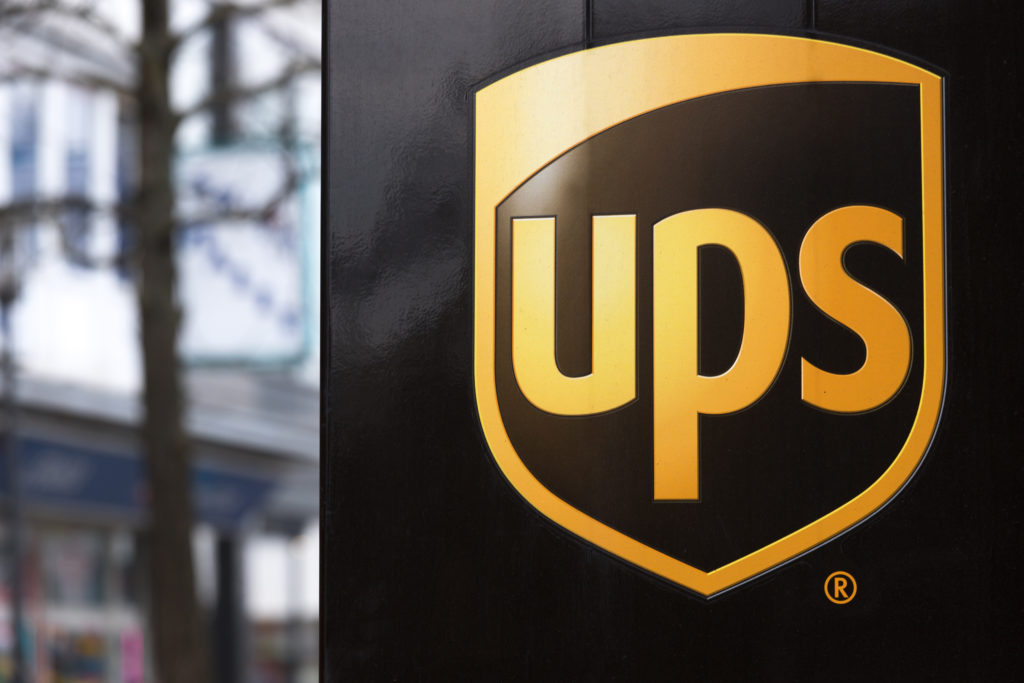
The Federal Motor Carrier Safety Administration originally denied UPS Inc.’s request for exemption from driver training requirements. These requirements mandate an instructor have at least two years’ training experience, and UPS is now asking for reconsideration of this request once again.
FMCSA turned down the major shipping company’s request for exemption on the basis that it hadn’t given sufficient data on how the exemption may affect driver and road safety. FMCSA also stated that UPS’ request failed to detail how the requested exemption would allow for safety levels that would be equal to or greater than those achievable by complying with the driver training rule as is.
UPS believes that its fleet–the largest in the country–needs this particular exemption so that it can continue its proper highway and public safety training for its drivers, claiming that it needs to be able to surpass current requirements, as it has been doing thus far.
In its second exemption request, UPS gave FMCSA the necessary new information mentioned in the agency’s original notice of denial, specifically noting that many UPS locations have seen large amounts of fast turnover with driver trainers.
“UPS stated that it has had to hire 100 candidates to attempt to net the 50 driver trainer positions necessary across the U.S.,” said FMCSA in its notice. “Of the 100 hired, UPS has been able to retain only 38 trainers for the reasons explained in the request for reconsideration.”
Additionally, UPS claimed in its original request that its driver training programs have successfully trained hundreds of instructors, even though many of them had not had any previous commercial driver’s license experience beforehand.
“UPS driver training school instructors have, on average, 20 years of UPS experience, hold a CDL of the same or higher class, and all the endorsements necessary to operate a CMV for which training is required,” said the Federal Register announcement from FMCSA. “Additionally, all UPS driver instructors are required to be re-certified every 90 days to demonstrate the same skill level shown for their original driver training school certification. UPS further performs internal quality assessments to validate that instructor skill sets are maintained throughout the organization.”
FMCSA accepted public comments regarding UPS’s secondary request for one month after it was published in the Federal Register at the end of September.
“UPS believes that its current process of preparing driver trainers exceeds any skill set gained merely by operating a tractor-trailer for two years,” said the carrier in a statement. “The company also believes that a two-year experience requirement doesn’t automatically equate to success as a commercial motor vehicle driver trainer.”
In its previous request, UPS saw 112 comments, with 58 in support, before FMCSA’s original decision. The rest of the comments were either in opposition or had no particular position, according to FMCSA.
The original exemption request also explained that the proposed flexibility was necessary in order for union contractual requirements to be met. Six current employees of UPS must have a promotion opportunity for each new hire that is on-boarded, according to the company’s collective bargaining agreement with the Teamsters union.
This request for reconsideration comes during a time when many safety-related regulations are in the midst of change, such as hours-of-service rules and commercial driver’s license obtainment requirements. Various driver and road safety advocacy groups have been fighting against these relaxed regulations, especially because they seem to be aiming to meet a desperate attempt to fill driver seats during a nationwide driver shortage and to keep drivers on the road longer when delivery demand is high.
These more flexible rules are sure to bring more inexperienced and fatigued drivers to America’s roadways for longer periods of time, and many safety-focused groups and organizations say this is detrimental to the country’s overall road safety. To loosen driver training instructor requirements for UPS, America’s largest delivery fleet, could possibly bring even more major safety concerns than we already have.
In regards to this case, “FMCSA will also continue to file, in the public docket, relevant information that becomes available after the comment closing data,” said the agency in the Federal Register. “Interested persons should continue to examine the public docket for new material.”
Reader Interactions